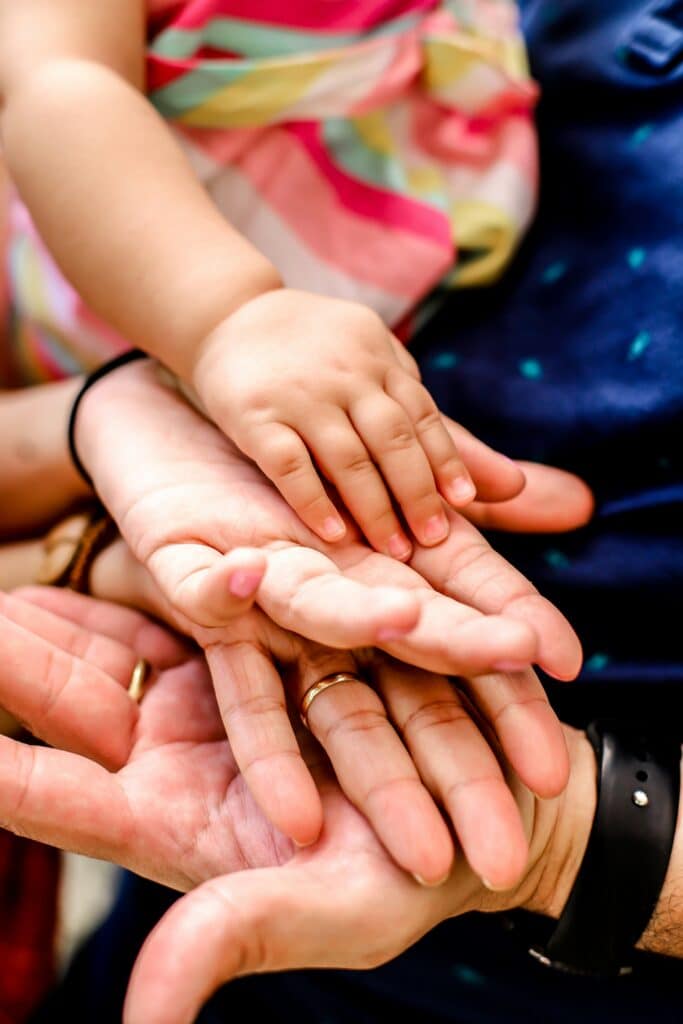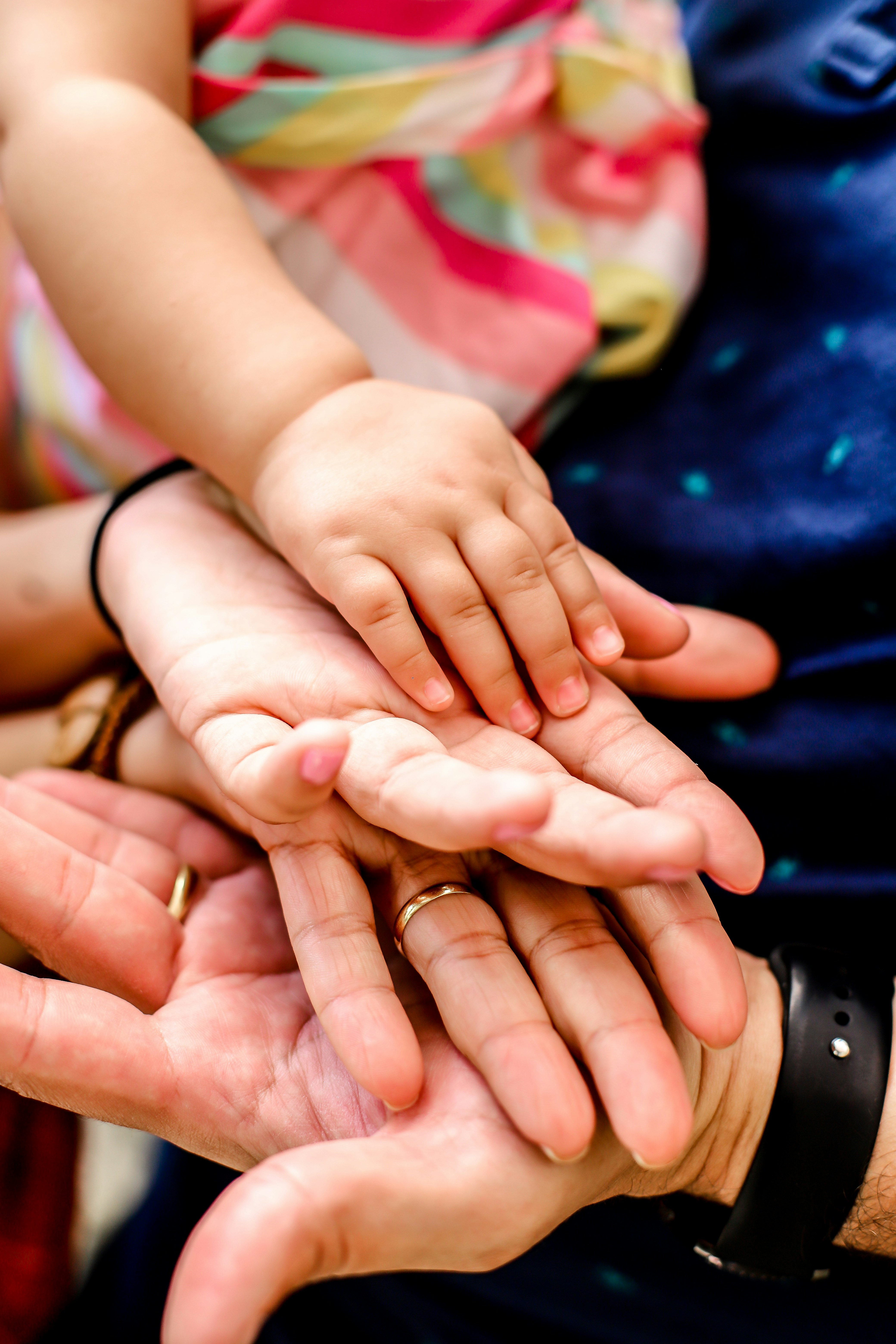From Tragedy to Restoration: A Cacophony of Brokenness, Article 1 of 10

A Cacophony of Brokenness
Article 1 of 10

By Elizabeth Lane Miller and Helene Fisher,
Gender and Religious Freedom (GRF)
This article is part of the series Pursuing Partnership: Men and Women in Ministry.
Music on the page is only a silent potential until someone plays it on an instrument.
In many ways, our faith is the same. If the truths of the Bible do not play out in the moments of our lives, we will never fully enjoy their depth and wonder.
We are two gender-specific religious persecution experts with nearly 25 years persecuted church experience between us. At times, we’ve been amazed by the beautiful music of the global church: our sisters and brothers around the world who have exhibited deep faith in the worst of circumstances.
At other times, however, we’ve been deeply dismayed at the way that the church has the potential to hurt itself in predictable and far-reaching ways, especially when under external pressure.
If we’re honest, all of us live with this everyday dissonance between the Bible teachings we affirm and the reality of our broken lives: our failures, lost dreams, inabilities or insecurities.
It’s a cacophony of brokenness.
For churches in global contexts facing religious persecution, the cacophony isn’t just annoying background noise, but it comes crashing into lives and communities with turmoil and severe trauma in its wake.
Over the next ten weeks, we’re going to take a candid look at everyday brokenness, what the real price of that brokenness is, and what keeps us, as long-term Christians, from living in the sweet music of Jesus which can sometimes feel strangely muted and elusive.
We may or may not live in a context of severe religious persecution, but we all experience spiritual warfare. The question is, do we always see what the real danger is? Do we know how to look beyond the immediate incident or issues, to measure the secondary impact of our response to those crises upon our Christian friends, family and church?
In the most extreme circumstances, everyday theology about who God is, who He made us to be, and how we are to live together as believers is the difference between the resilience of the church or disappearance of a Christian presence.
The bad news is that often it is we as Christians who finish the work of the persecutor. We do not (usually) bring the initial attack – but we can so compound the damage that it is we who ultimately destroy the community or isolate our brother or sister from the church.
The tragedy is that the church all too often destroys itself when under severe pressure.
In order to understand how this happens, we’ll unpack five areas of our identity which persecution predictably undermines. Physical attacks on women and girls, men and boys have the worst impact when we as a community allow them to damage our:
- Value & Status
- Purpose & Unity
- Freedom & Limits
- Authority & Submission
- Innocence & Acceptance
Persecution can undermine my sense of value – or any of my other identity areas – but if my fellow Christians treat me differently because of what was done to me, I may not recover.
For humans, our day to day feelings of belonging, mattering, and being valued are as important in practice to our identity as theological words. When there is division, dysfunction, or hurt, the insufficiency of mere pulpit theology becomes glaringly apparent.
The good news is that From Tragedy to Restoration will unpack for missional contexts and Christian leaders how to identify when it is we who are the agents of damage and how Christ’s radical new identity for all men and women of faith is both our protection and our witness.
Next week, we will look at the crushing suffocation of social expectations in contrast with God’s design for humanity. Over the remaining weeks, we will unpack where inequality, distrust, blame, control and shame hide in the church and how Jesus modeled counter-cultural equality, trust, freedom, empowerment and acceptance.
At the bedrock of Christian leadership is an ear finely attuned to the frequency of God’s character and His design for harmonious relationships. And God’s standards are deeply anchored in the flesh and blood reality of our humanity and our everyday relationships.
Good leaders have good everyday theology. It plays out in real world transformation of our relationship with God, ourselves and each other not just as beautiful harmonies for ourselves, but also a coherent and compelling melody for others listening.
With permission: Throughout this series we will draw upon the church training material available through restorationsirl.comElizabeth and Helene are the pioneering co-authors of Specific Religious Persecution reports published between 2018-2023 by Open Doors International’s World Watch Research.
This article is submitted by Wendy Wilson of Missio Nexus and of Women’s Development Track. Women’s Development Track is a Missio Nexus member. Member organizations can provide content to the Missio Nexus website. See how by clicking here.




Responses